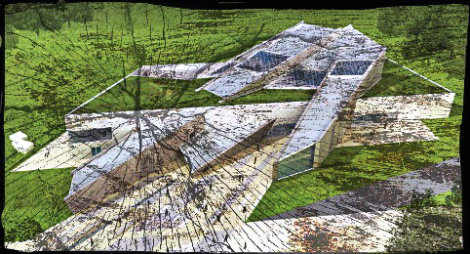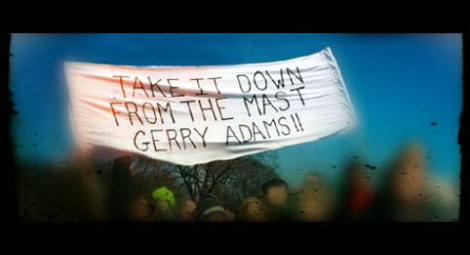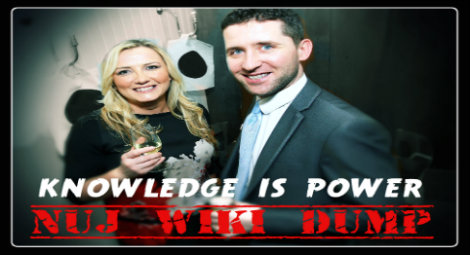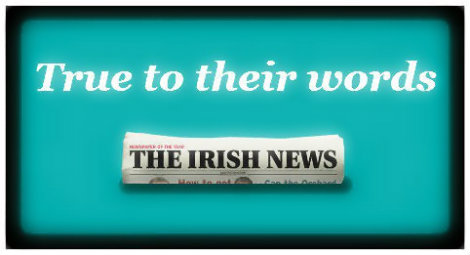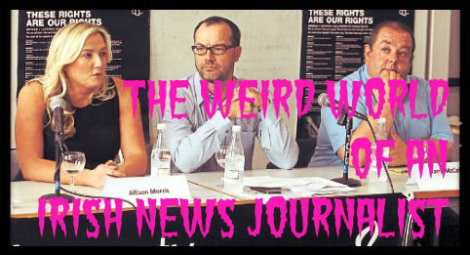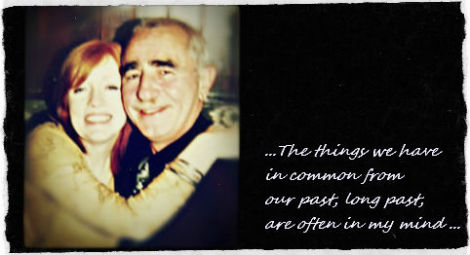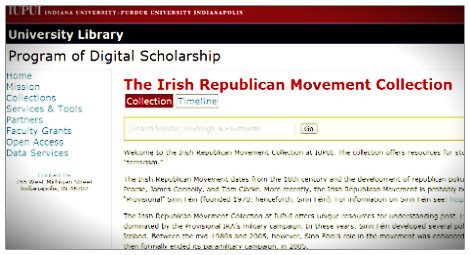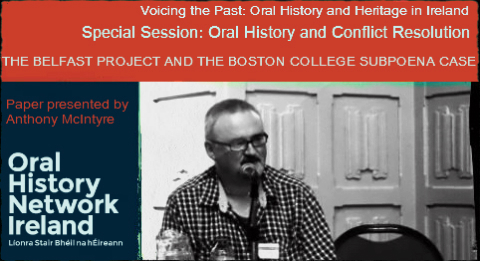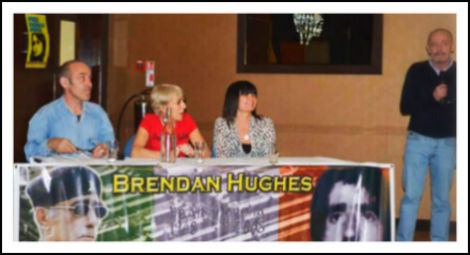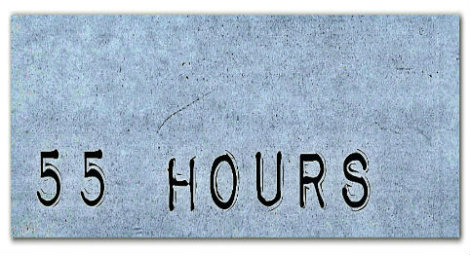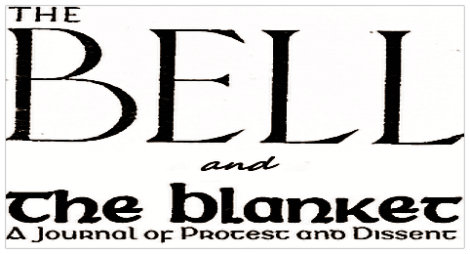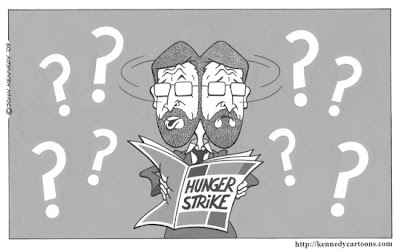The people of Iran have shown that they have their own demands; they want the Islamic regime to go. And it has to go. Thirty years of medievalism and brutality is enough. What this infighting has done and will continue to do is further provide the people of Iran with the opportunity to fight for real freedom and equality … Like racial apartheid in the former South Africa, a regime of sexual apartheid must be proclaimed a crime against 21st century humanity.– Maryam Namazie
On Friday the Iranian Embassy in Sweden was stormed by protestors outraged at the actions of the murderous theocratic regime in Tehran. Swedish police fired shots into the air in order to disperse the demonstrators. It seemed fitting that the protest should have occurred in Sweden, regarded as the most secular society in Europe and where the rule of god can go to hell. It follows on from the situation in Iran where aggregated millions of protestors have taken to the streets in the past month. Although many are demanding fresh elections to replace the one they allege was crooked, there are other demands raising their head; among them the call for the prosecution of those who sanctioned and perpetrated the recent spate of state murders, the freedom of political prisoners, and the removal of the country’s dictator along with the theocratic regime.
Ten days into the widespread resistance to the regime in an action that conjures up images of the 1976 Apartheid murder of 13 year old Hector Pieterson in Soweto, Neda Agha-Soltan was gunned down by theocratic goondas. A passer-by recorded her dying moments on his mobile phone which he then forwarded to a friend in Holland. Five minutes later images of the dying woman were on Youtube and the attempts by the Iranian state to cover up its crimes and censor its opponents appeared in disarray. Like Hector Pieterson, Neda’s dying moments have come to symbolise state brutality alongside popular resistance. It is an image that will haunt the regime. The Times of London was close to the mark in reporting that ‘footage of the 26-year-old music student dying on a back street in Tehran shocked the world, turning her overnight into a global symbol of suffering under the brutality of the Iranian regime.’
The situation appears to be one of naked oppression. On top of those being murdered others are reported to have been dragged from hospital beds and thrown into prison. The regime is also demanding the equivalent of $3000 from families who want the bodies of their loved ones released for burial and is then denying Islamic funeral rites. Many key officials, up to their necks in corruption, are said to be transferring funds out of the country and into their private bank accounts abroad. The Revolutionary Guard have been promising to deal with rioters in the ‘revolutionary way.’ As Robert Fisk points out: ‘everyone in Iran, even those too young to remember the 1988 slaughter of the regime’s opponents – when tens of thousands were hanged like thrushes on mass gallows – knows what this means.’ If they were in any doubt Ayatollah Ahmed Khatami, a prominent cleric close to the government moved to disabuse them. He castigated protestors as being ‘at war with God’ and demanded their execution.
Uncomfortably for the dictatorship running the country Fisk goes on to draw an analogy with the practices of a state theocratic Iran hates more than any other, Israel.
Unleashing a rabble of armed government forces onto the streets and claiming that all whom they shoot are ‘terrorists’ is an almost copycat version of the Israeli army’s public reaction to the Palestinian intifada. If stone throwing demonstrators are shot dead then it is their own fault, they are breaking the law and they are working for foreign powers … and it is indeed an intifada that has broken out in Iran.
Although much as been made in the Western media about the supposed fraudulent nature of the elections it would be a mistake to think that Iranian society can expect much from the leader of the opposition even were he to prove victorious in a fresh poll. Mir Hossein Mousavi was prime minister of the country for eight years up until 1989 during which he made no reputation as a liberal. He led a government that was intolerant of dissent. According to the Worker Communist Party or Iran thousands were killed during his term in office. And those who scream "Allahu akbar” in support of him from the rooftops hardly lift the hearts of those pursuing secular justice and reason. Yet at worst he remains a better option that Ahmadinejad whose brutality is unbounded and who has surrounded himself with lackies and cronies since taking power while ensuring criticism is muted.
There is an old Persian saying that the embers continue to burn beneath the ashes. It is a flame that the theocrats have never been able to extinguish and hopefully it will come to scorch them yet.













